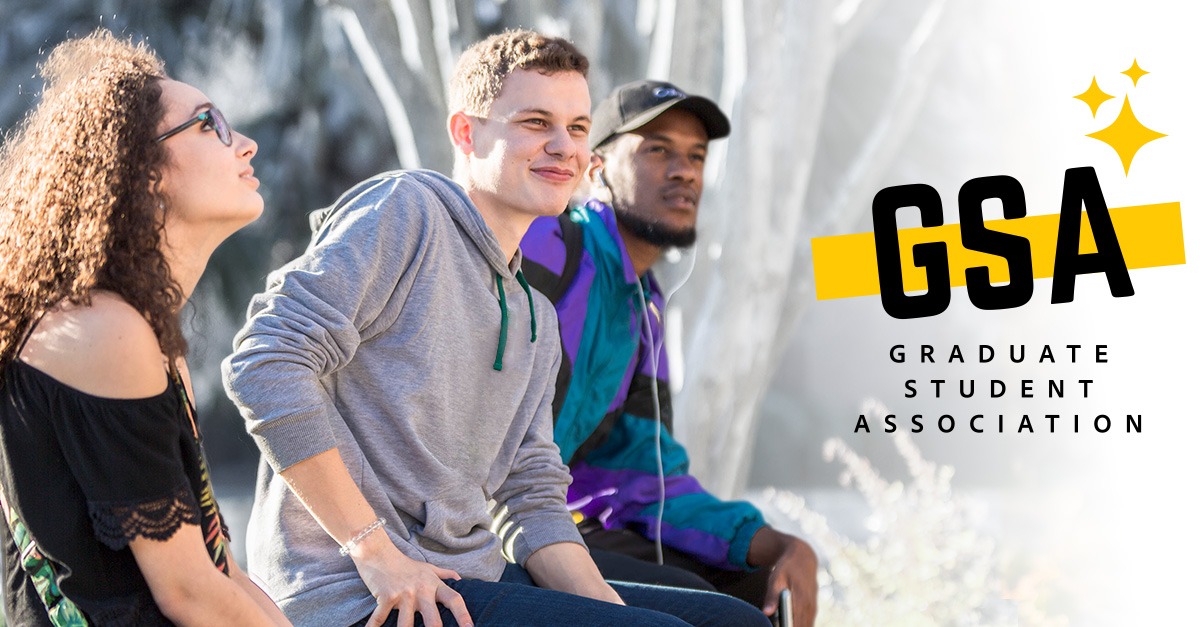UCF Researcher Is Working to Extend Battery Life in Smartphones, Electric Cars
A University of Central Florida researcher is working to make portable devices and electric vehicles stay charged longer by extending the life of the rechargeable lithium-ion batteries powering them.
Assistant Professor Yang Yang is doing this by making the batteries more efficient, with some of his latest work focusing on keeping an internal metal structure, the anode, from falling apart over time by applying a thin, film-like coating of copper and tin. The new technique is detailed in a recent study in the journal Advanced Materials.
An anode generates electrons that travel to a similar structure, the cathode, inside the battery, thus creating a current and power.
“Our work has shown that the rate of degradation of the anode can be reduced by more than 1,000 percent by using a copper-tin film compared to a tin film that is often used,” said Yang, who is with UCF’s NanoScience Technology Center.

Yang is an expert in battery improvement including making them safer and able to withstand extreme temperatures.
The technique is unique because of its use of the copper-tin alloy and is an important improvement in stabilizing rechargeable battery performance, Yang says. It is also scalable for use in the smallest smartphone battery to larger batteries that power electric cars and trucks.
“We are motivated by our most recent research progress in alloyed materials for various applications,” he says. “Each alloy is unique in composition, structure and property.”
The research was funded by the National Science Foundation through its Division of Chemical, Bioengineering, Environmental and Transport Systems’ Electrochemical Systems program and through UCF’s startup funding and preeminent postdoctoral programs.
Study co-authors included Guanzhi Wang, a doctoral student in UCF’s NanoScience Technology Center, Department of Materials Science and Engineering, and the paper’s first author; Megan Aubin, a doctoral student in UCF’s Department of Materials Science and Engineering; Abhishek Mehta, a graduate of UCF’s Department of Materials Science and Engineering doctoral program; Huajun Tian and Jinfa Chang, postdoctoral scholars in UCF’s NanoScience Technology Center; Akihiro Kushima, an assistant professor in UCF’s Advanced Materials Processing and Analysis Center; and Yongho Sohn; a professor in UCF’s Advanced Materials Processing and Analysis Center.
Yang holds joint appointments in UCF’s NanoScience Technology Center and the Department of Materials Science and Engineering, which is part of the university’s College of Engineering and Computer Science. He is a member of UCF’s Renewable Energy and Chemical Transformation (REACT) Cluster. Before joining UCF in 2015, he was a postdoctoral fellow at Rice University and an Alexander von Humboldt Fellow at the University of Erlangen-Nuremberg in Germany. He received his doctorate in materials science from Tsinghua University in China.
Share This Article

UCF Women’s Club Honors 3 Graduate Students with Prestigious Sheila B. Somerville Scholarship
Financial support is often the cornerstone of academic success, and for many students, scholarships open the door to higher education. Beyond easing financial stress, these awards provide recognition, motivation, and a...
Latest News

Be the Voice of UCF Graduate Students
The Graduate Student Association (GSA) is looking for motivated graduate students to step into leadership and shape the graduate experience for the 2026–2027 academic year. As a GSA officer, you'll...

UCF Launches 1st Planetary and Space Sciences PhD Program in Florida
As SpaceU, UCF is pushing the boundaries of exploration by launching a groundbreaking new doctoral program in the planetary and space sciences. Now, aspiring researchers can apply to the inaugural cohort of...

UCF Fulbright Awardees Bring Their Passions to a Global Scale
Each year, the Fulbright Program offers opportunities for American students to conduct research, teach English, or pursue graduate study abroad. One of the most prestigious international exchange programs in the...

Unleash Opportunities with a UCF Graduate Degree
A graduate degree has the power to unleash opportunities by expanding careers, opening doors to new fields, and increasing lifetime earnings. According to the U.S. Bureau of Labor Statistics (2024),...